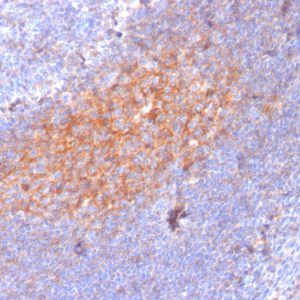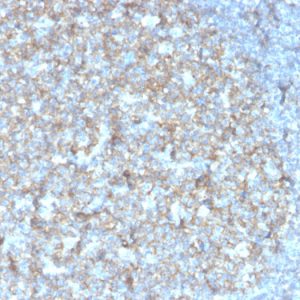Free Shipping in the U.S. for orders over $1000. Shop Now>>

CD81, also known as TAPA-1 (target of the antiproliferative antibody 1), is a protein encoded by the CD81 gene on chromosome 11p15.5. It consists of 236 amino acids with a molecular weight of around 26 kDa. CD81 is a transmembrane protein that undergoes Post-translational modifications of CD81, including phosphorylation, glycosylation, and the formation of disulfide bonds, contribute to its structure and function. CD81 is a key component of tetraspanin-enriched microdomains (TEMs) or tetraspanin web, which are specialized membrane microdomains involved in various cellular processes such as cell adhesion, migration, signaling, and intracellular trafficking. This protein also interacts with other tetraspanin family members, integrins, and various signaling molecules to regulate diverse cellular functions. Additionally, CD81 acts as a receptor for certain pathogens, including hepatitis C virus (HCV) and Plasmodium spp., facilitating their entry into host cells.
CD81 is widely expressed in various tissues and cell types, including lymphoid and myeloid cells, epithelial cells, endothelial cells, and hepatocytes, particularly in areas of cell–cell contact such as tight junctions and immunological synapses. Various factors, including cytokines, growth factors, and cellular signaling pathways, can regulate its expression. CD81 expression levels may vary depending on the developmental stage, activation status, and tissue-specific functions of cells. CD81 expression has been implicated in various pathological conditions, including viral infections, cancer, and autoimmune diseases.
CD81 has been used as a marker to identify and characterize certain cell types and disease states, providing valuable diagnostic and prognostic information in cases of acute myeloid leukemia (AML), bladder cancer, and prostate cancer. In cancer, CD81 is associated with tumor progression, invasion, and metastasis in several cancers like breast, prostate, and liver cancer. Additionally, in diseases such as hepatitis C virus (HCV) infection, CD81 facilitates viral entry into hepatocytes, and its expression levels correlate with disease progression and treatment response.
NeoBiotechnologies offers a variety of antibodies against CD81 that have been validated for flow cytometry, immunofluorescence, immunohistochemistry, and Western blotting. Additionally, we hold exclusive rights to CD81 antibodies available for licensing or collaboration [https://www.neobiotechnologies.com/gene-name/cd81/].
CD81 antigen, 26 kDa cell surface protein TAPA-1, Target of the antiproliferative antibody 1, Tetraspanin-28, CD81; Target of the antiproliferative antibody 1 (TAPA-1); Tetraspanin-28; Tspan-28
Showing all 3 results

Showing all 3 results



